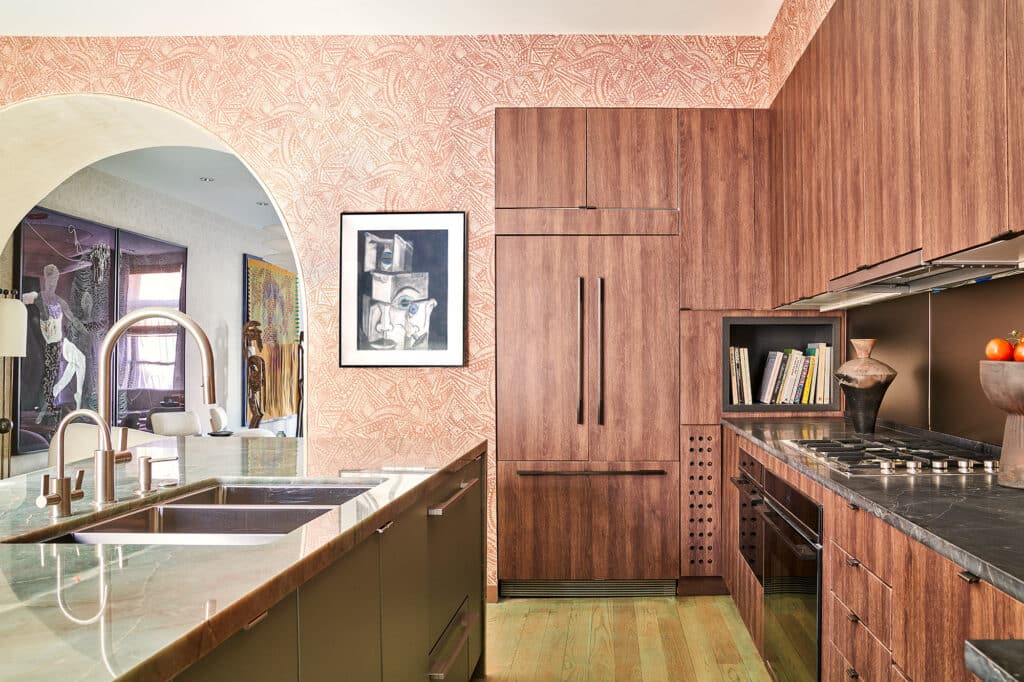“I read your blog.”
My roommate Krista, my girlfriend Macey, and I were under Krista’s lofted college bed, lifted so high that we could all fit under it with our legs spread out across the floor. It was a ritual for late nights after finishing homework, studying for exams, or drinking with friends. After the night’s activities had wrapped up but before any of us were ready to sleep, we crawled under Krista’s bed and talked while our other roommate, Katie, an early-riser who woke us with her cheerful singing, slept in her room.
This was my in. I’d hinted about the fact that I’m autistic on my blog, something I hadn’t told Krista, the first friend I made freshman year of college. I didn’t tell Macey, either, and she had been my girlfriend for five years. “So you probably guessed that I’m autistic,” I said. I answered their questions until we were onto the next thing, complaining about our professors and worrying about post-graduation life like all seniors do.
My blog, which was technically private but didn’t have my name attached, had done the heavy lifting for me of getting this out in the open. This was the first time I’d intentionally shared that I’m autistic since I was diagnosed in childhood. My two childhood best friends knew, but after my mom died and I moved away, I decided to keep my developmental disability to myself. As a queer person, I was tired of coming out over and over. Tired of explaining sexuality and gender 101 topics to everyone. Tired of constantly educating my loved ones and strangers on what’s the truth and what’s a painful stereotype. Given all of that, it felt easier to keep my autistic identity close to my chest.

As a queer person, I was tired of coming out over and over. Tired of explaining sexuality and gender 101 topics to everyone. Tired of constantly educating my loved ones and strangers on what’s the truth and what’s a painful stereotype. Given all of that, it felt easier to keep my autistic identity close to my chest.
Weeks passed before my autism came up again. I was pleasantly surprised at how it was a non-issue with my friends, just like being queer. I got used to mentioning relevant tidbits in conversation as casually as I would bring up the weather or a celebrity crush. I’d ask questions like, “I can’t recognize this person by their face, do you know who they are?” or “I can’t hear you in a loud bar, can you just text me across the table?” and they were answered just as effortlessly. Then we’d move on, without skipping a beat.
Suddenly, I didn’t have to do mental gymnastics to figure out an awkward social situation, I’d just tell my friends I didn’t get it and have them explain. I could tell them the lights in the club were bothering me and they’d join me outside, shivering as people smoked cigarettes around us. On some level, I’d been prompted to be more open about my autistic identity because I knew that my friends would understand. Among our tight-knit group, we had friends with cerebral palsy, dyslexia, anxiety, asthma, and depression, and we were used to discussions about accessibility.
Once, across a crowded LGBTQ+ bar, one of my close friends asked how I knew I was autistic. I told him I’d been diagnosed as a kid, and what it was that made my medical team take notice. Over dirty Shirley Temples, he shared that he thought maybe he was autistic, too. We laughed about how hard it is to run up a flight of stairs without holding the handrail, and how movies with a bunch of white men actors are hard to watch because they all look identical—except for Nicholas Cage. We laughed until we cried and then danced until we literally fell down smiling in a circle of our friends. It was then that I felt truly seen.
I’d been craving this acceptance, and it taught me to be proud to be autistic, proud enough to come out to a wider audience online. It had been a different experience with my sexuality. I came into my queer pride young, only because from my perspective, I emerged from the womb gay enough that I couldn’t ignore it for long. By the time I was nine, I was switching between being the husband and the wife when I played house with my best friend, who I wanted to marry and live with in a home made of cheese. I didn’t have that same confidence about my disability. My autism was something that medical professionals and teachers taught me to be ashamed of, and sought to change: Don’t sit on your hands when you talk, don’t look away from eye contact, don’t pace, don’t dance like that, don’t play like that. Don’t, don’t, don’t.

In the spring of my senior year, my professor asked us to all make blogs. I knew what topic I wanted to write about immediately: autism. This meant my classmates, not just my best college friends, would see.
In the spring of my senior year, my professor asked us to all make blogs. I knew what topic I wanted to write about immediately: autism. This meant my classmates, not just my best college friends, would see. It meant my professor would read it, too. I wondered if she would want me to change who I was like my second grade teacher, who took away my favorite toy to punish me for flapping my hands and tapping my feet, also known as stimming, a common sensory regulating behavior for autistic people, while we went over topics in class.
A week or two after all of our blogs went live, my friend approached me to ask if I would speak to a new autism community club she was starting on campus. She was interning at a community center for autistic people in our college town and wanted to bring that sense of awareness to our school. We were starting to become close friends, but hadn’t known each other for long. I hesitated—how did I know that being proud and out as an autistic person was the best choice? What if it cost me this new friend, who I’d had fun dressing up in vintage clothes with, and who understood how our impending graduation was making us sad that our late moms couldn’t be there with us?
Pride is about standing firmly in your truth. It’s about putting your whole self out there, whether that looks like holding your girlfriend’s hand as you walk to class, using “they/them” pronouns, or stimming while playing Mario Kart. So I spoke to the autism club, and haven’t been closeted or ashamed of my autistic identity since.
The more I shared with my friends and the world, online and in person, the more in control I felt about my story. I don’t have to tone down every single thing I say, question whether I phrase a sentence exactly right, or agonize over whether or not I’m making eye contact. I’m free to be myself, and I finally have nothing to hide.








